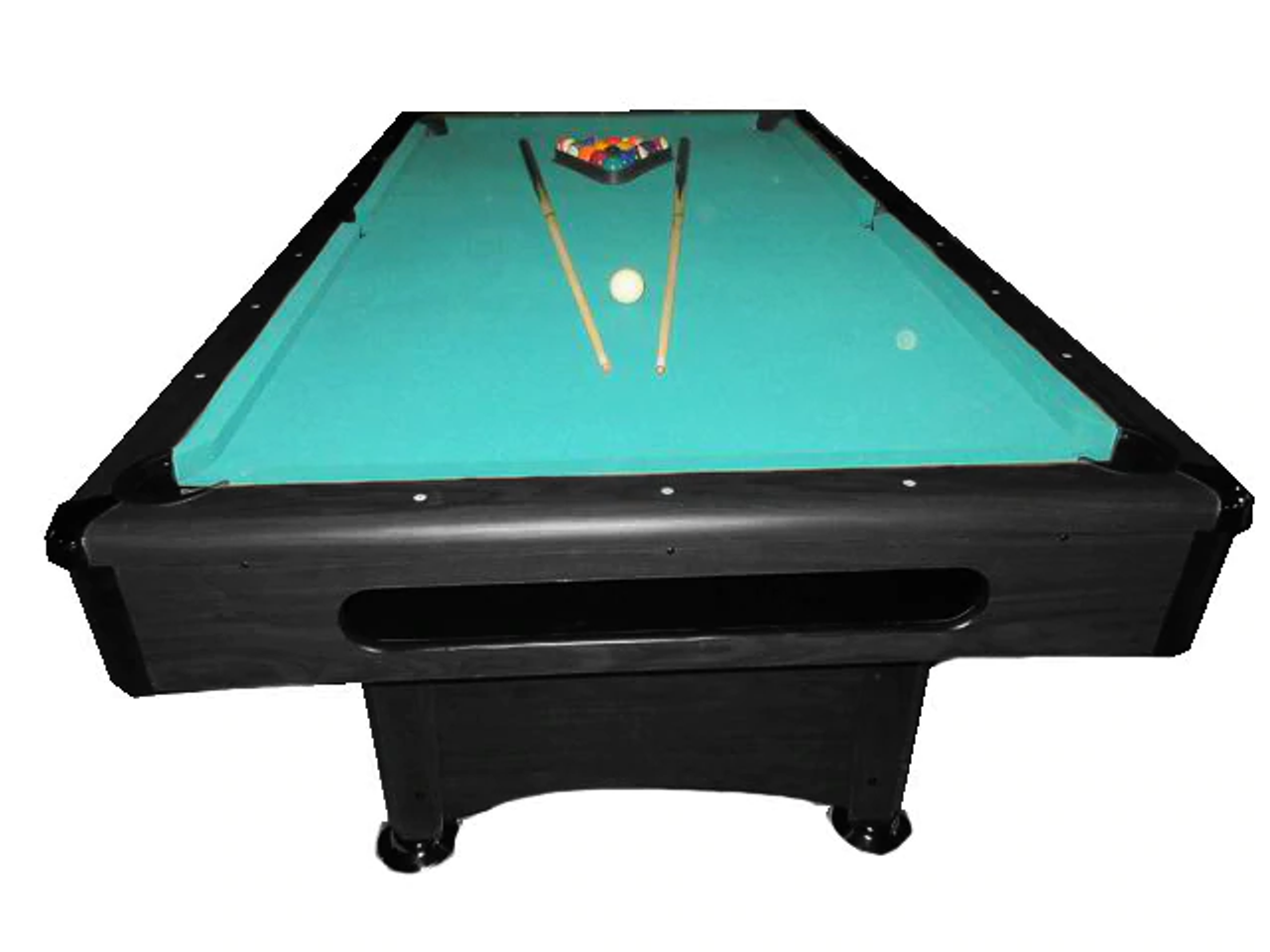
When it comes to pool, there are many different types of cues available. These vary in size and weight, so it's important to choose a cue that's right for your skill level and play style. It's easy to become overwhelmed by the sheer number of cues available, but it is possible to find the perfect one for you. Here are some examples of pool cues.
When purchasing a new pool cue, length is the most important thing. This is because a shorter length will help you clear overhead and elevate the cue during the stroke. On the other hand, a longer length will allow you to easily handle the cue and control the stroke. Also, make sure the cue is appropriate for your height and arm length. For example, if your child is very tall, you should buy a 48"-52" pool cue. Adults can opt for a cue that is slightly longer like a 61/4" cue.
Consider also the tip. Many pool cues come standard with a leather or multi-layered tip. A layered tip is more reliable and will last longer. Nylon, suede and linen are other options. Make sure your tips are not greasy and smooth. You can expect them to wear quickly so make sure you get a tip that will last.

Next is the type and size of the ferrule. The ferrule, which is located underneath the tip on the stick, protects your cue from any damage. Nylon ferrules for pool cues work better with heavy balls. They are less prone to vibrating which can impact your accuracy.
Also, take a look at your cue's joint. Most pool cues have joints in half or three-quarters of the way down the shaft. It is easier to store cues with joints closer to the centre. A cue with a central joints will make it easier for you to store it.
The shaft will be your best friend if you are looking for the ultimate pool cue. Pool cues with top-of-the-line shafts typically cost between $300 and $500. Popular shafts are available in brass and carbon fiber.
If you look at materials, some pool cues can be made from hardwood. Maple is a common wood used for pool cues in the United States. However, you can also find ones made from exotic woods. Even if you select a cheaper option, ensure it is strong enough to withstand heavy cue balls.

Your pool cue's wrap should be smooth. You should not have any knots or raised areas. Some cues can be sold without a wrap. But, some people prefer a custom design.
As you can clearly see, there are many things to look at when choosing a pool cie. A good pool cue will help you achieve your goals whether you're an avid player or a beginner.